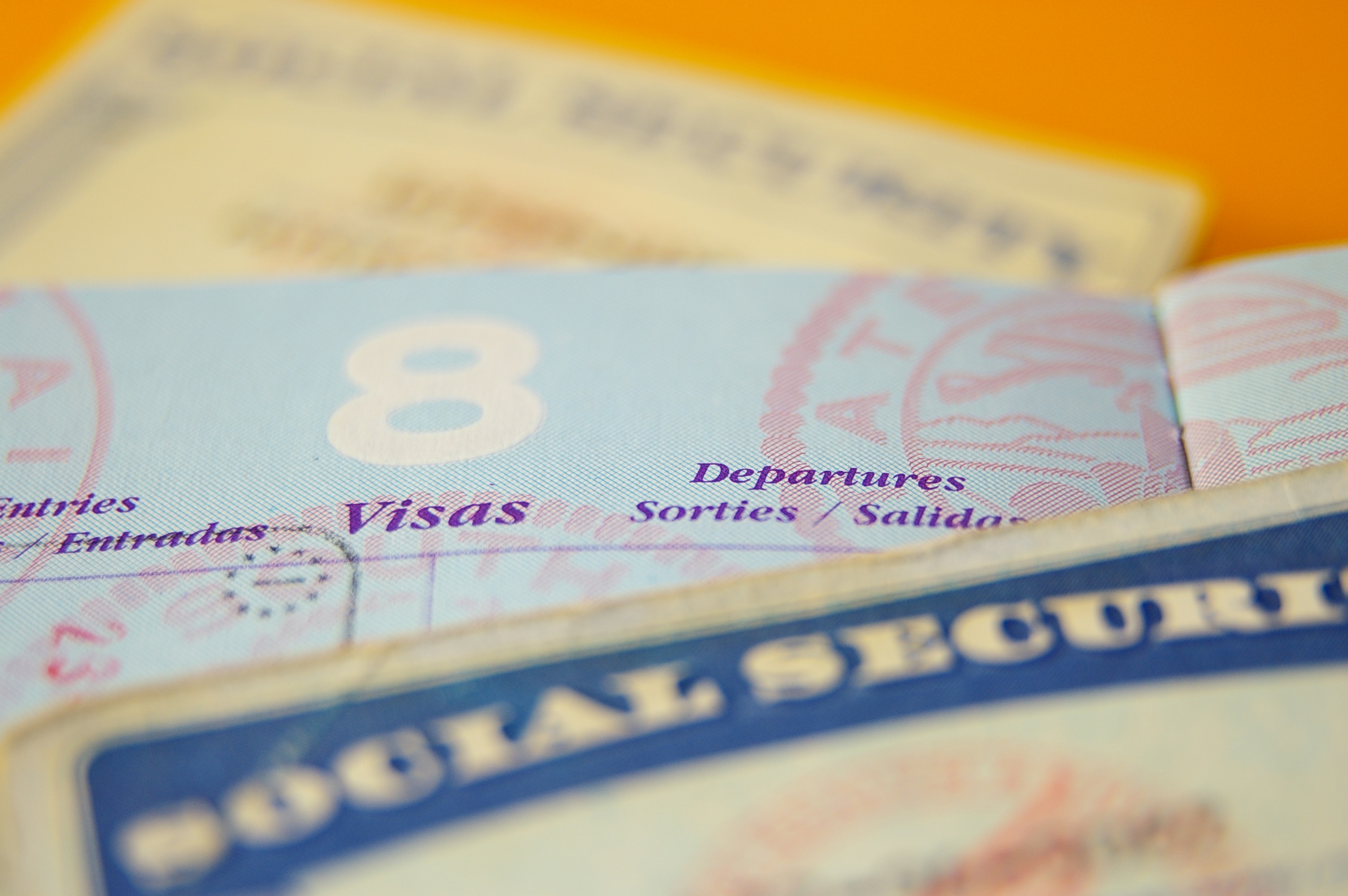Topic
Published
Sept 1st, 2023
Written By
Kerry Daniels
Kerry is Crown's Director of Sales and Customer Success for the UKI, Nordics and European region based in Prague.

Kerry joined Crown in 1994 in Dubai and has lived in various countries around the world. Kerry is an expert in relocation and understands the challenges faced when moving.
Moving from the UK to France can be an exciting and transformative experience. To help you navigate the process and make the transition smoother, this blog will cover some top tips you will need to consider:
1. What visa do I need?
In the first instance, check which visa you require. All UK citizens, however, need a Long Stay visa for more than 90 days, whatever the purpose of stay.
There are different types of long-stay visas, so research which one applies to you. If you are applying for a resident permit (Carte de Sejour), there are also various types, so check which is relevant to your circumstances. If you do travel with a long-stay visitor visa you can still apply for a French Residency.
If you are moving to France and plan to be self-employed, you will require a long-stay visa. It is valid for one year if you apply for your visa validation fifteen days after arriving in France.
If you already have employment in France, then the company you will be working for may help you apply for the visa, so double-check and ensure everything is in place beforehand.
You will also require a valid passport for at least six months after the date of return from France; the passport must be valid less than ten years from the date you enter France. You will also require an accommodation proof document; this document must prove that you have a place to stay in France. Ensure you comply with all legal requirements, such as registering with local authorities, updating your address, and renewing your visa or residency permit.

2. Do I have access to Health Insurance?
As a resident of France, you must register at a local CPAM office (Caisse Primaire D'Assurance Maladie). Many services and treatments are partly paid for by social security, but an additional charge will need to be paid. If you have a UK-issued European or Global Health Insurance Card (EHIC or GHIC) this cannot be used if you are going to live and work on a French employment contract. If you already have employment, you may have health cover as part of your contract.
While France has an excellent healthcare system, having private health insurance to supplement your coverage and access English-speaking healthcare providers, if needed, is a good idea. Ensure you are correctly registered for accessing healthcare in France for your circumstances.

3. What is the best way to move my belongings?
When considering moving your belongings from your current home to France, there are many factors, such as the number of items, custom clearance, whether you can use the items in France, budget, and timeline. These are all essential points to consider. Start planning your move early to avoid any last-minute stress. Create a detailed moving plan, including logistics, packing, and necessary paperwork.
A popular route is to select an international moving company, such as Crown Relocations, specialising in overseas relocations. It will ensure your peace of mind as they specialise and assist with the packing, shipping and customs procedures, taking one more thing off your to-do list! Companies such as Crown Relocations can also help calculate the cost of your move so you can ensure you plan which items you wish to take with you and those you will leave behind.
Other points to consider are to declutter and pack wisely. Will you require everything in France? Consider selling or donating any items you may no longer need.
The best approach many people who relocate take is to research their options online and ensure plenty of planning for a smooth relocation process. Prioritise what to take and declutter items you don't need. Consider packing essential documents and valuables in a separate, easily accessible bag for the move.

4. Opening a bank account in France
You can open a bank account before you have a permanent address, but your options will be limited. Nearly all banks will require proof of address in France, such as a utility bill. Some banks will let you open an account before moving if you have evidence you're moving there.
Most banks will have branches you can visit and make an appointment with to open an account. Do your research, compare the different banks' offerings, and pick one that covers your needs. Check banking charges. The charges can vary from one bank to another on various transactions such as bank cards, international transfers and cash withdrawals when travelling.
Three documents are needed to open a bank account: identification, proof of residence and attestation of enrolment.
After you open a bank account, you will receive a bank card and a chequebook. With your Relevé d'Identité Bancaire (RIB - bank account information slip), you can set up any required regular payments.

5. Research accommodation options
Finding accommodation is crucial when relocating to France. There are various ways of finding new accommodation, but ensure you research the available areas and types of accommodation. It is best to rent short-term so you can experience living in different regions to find the best suited for your needs before committing to a long-term contract.
There are various ways to research available accommodation. You could contact a relocation agency specialising in helping skilled employees and their families relocate to France. Their role is to facilitate a family's move from start to completion. Their services range from obtaining the official documents required (visa, work permit, residence permit, etc.) and searching for accommodation to finding schools for children and employment for spouses and helping with learning the local language. Crown Relocations specialises in these services.
There are Apartment Hunters who will discuss your needs and research for you. There are many websites where these are available. There are also Specialist websites: These sites list the accommodation available on the market. Searches are based on specific criteria (location, apartment size, rental price, number of bedrooms, etc.).
Another option is a Real estate agent. This service would incur fees shared between the owner and the future tenant. To find an estate agent, you can contact the relevant trade associations.
Start researching the different regions of France and choose the one that best fits your lifestyle and preferences or is in the right location for work.

6. Is childcare expensive in France?
There are both public and private childcare options in France, which you can access if you are a full-time French resident. However, your child must be fully vaccinated. This applies to all childcare options, private or public. For those born after 2017, this includes 11 mandatory vaccines. More flexible options include live-at-home nannies or au-pairs.
Some larger companies or public institutions like hospitals sometimes have the option of on-site or nearby childcare, known as crèche enterprise or inter-enterprise. These generally accommodate up to 60 children. A place is not guaranteed, however, even as an employee. Ask your employer if this is an option and put your child on the list as soon as possible.
There are websites where you can search for a babysitter, nanny, or childminder, including Nounou-Top, Maminou and monenfant.fr. It is essential to do the research to ensure you choose the correct childcare for your family. As well as using the websites by entering your postcode or address, it is always good to get recommendations from other parents, maybe on local forums or clubs; it's always best to ask around.

It is exciting to relocate, and there are many things to consider making your move more manageable and more enjoyable and helping you settle in quickly. As an experienced international movers, we can help you and your family.